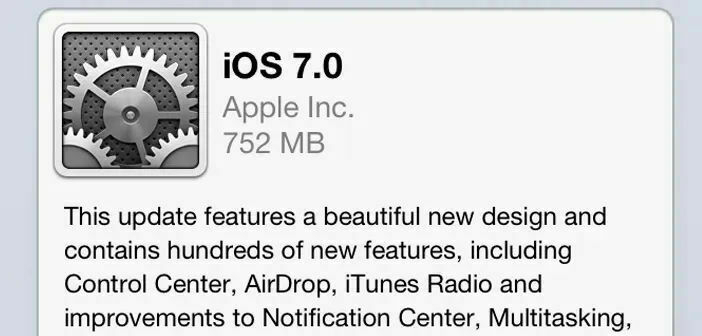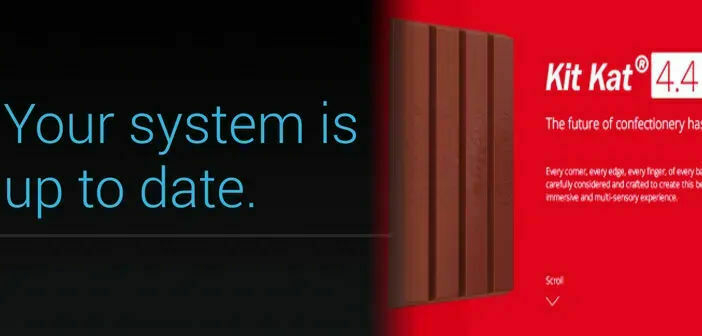It was Sony that first started the the conspiracy around killing your device when they wanted you to upgrade. The fabled ‘Sony timer’ stopped the tech from working days after the warranty expired, making you upgrade to newer hardware. Now the theorist have moved onto Apple.
The anecdotal evidence has been that Apple intentionally slows down the old version of the handset when launching a new version to force you to think about upgrading. This whole concept is called ‘planned obsolescence’ or the un-coincidental demise of a device.
It seems that some credence has been handed to the theory by a new Harvard study from economics student Laura Trucco. Trucco looked at the amount of people searching for phrases such as ‘iPhone Slow’ when a new version of the handset is launched.
What Trucco found is actually pretty substantial from such a simple study. Whenever a new iPhone is released, search phrases relating to slowing down of the older version skyrocket. What’s more, this is not coincidental and searches relating to Android handsets such as ‘Galaxy s3 slow’ did not increase in correlation to a new device launch. Simply increasing over time as more are sold.

Expectation Led
The implication is that Apple somehow slows down the device to make the user more likely to upgrade to a new handset when the slowdown may be just lead by expectation. If you watch the new device launch and they boast about how the new model is twice as fast, your current model is going to feel slow.
The slowdown is an unavoidable occurrence as Apple attempts to make the newer model software feature as much new ability as possible. As the new version of software is adopted by users of older handsets, they are less able to cope with the new features, and as such run much slower.
One thing Apple is great at is new software adoption after launch, while an Android handset may have several months before it is able to receive a version of the newest iteration of Android. After all Apple controls both hardware and software, enabling them to work much more quickly and have more control than Android manufactures.

Fragmentation
An Android device may not receive an updated Android version for months after release if at all. Even then this release will not reach all users at once. It will be slowed by differing manufactures, different version of the device and also network testing. So if the same issues do take place on Android handsets it would not show the spike that Apple handsets do.
However there are advantages to this model. If an Android handset was unable or not able to run a new feature well, this feature would be left out of the update or simply the handset would not be updated. Sure as each integration of iOS and Android is released it become more and more taxing on the internals of older devices.
Leave A Reply Instead?
Read Comments (0)